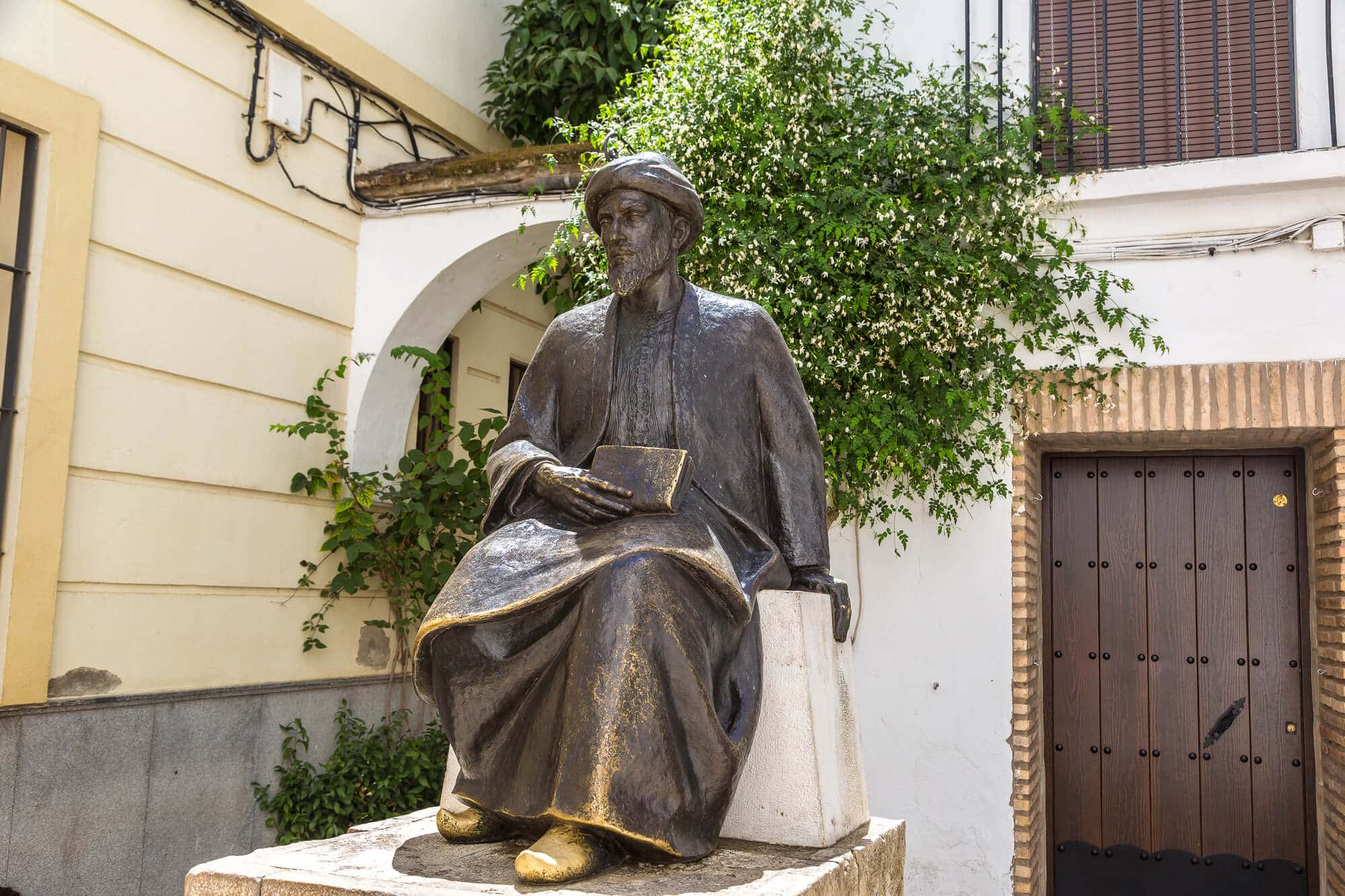The researchers are from Bar Ilan, Tel Aviv, Haifa and the National Library Tens of thousands of Hebrew manuscripts from the Middle Ages will be analyzed using artificial intelligence andWill shed light on the literary and historical aspects of the European Jewish population and their contribution to European culture. The research in collaboration with the Paris High School received funding of 10 million euros from the Union

Dr. Avi Schmidman from the Faculty of Jewish Sciences at Bar-Ilan University was awarded together with other researchers from the University Tel Aviv, Haifa, the National Library of Israel and the Applied School for Higher Studies in Paris (PSL, EPHE) In a grant of 10 million euros for research dealing with the analysis of tens of thousands of Hebrew manuscripts from the Middle Ages. The innovative research will analyze using artificial intelligence, tens of thousands of Hebrew manuscripts from the Middle Ages andWill shed light on the literary and historical aspects of the European Jewish population
and died to European culture.
This is the first time that the prestigious grant (ERC Synergy) has been given to studies in Jewish sciences, and it is also the first time that it has been awarded for computational research of manuscripts.
The collaboration of the research team with the National Library will allow access to rare material and textual remains that have been digitized by the library team in recent years. These materials will be analyzed using the most advanced philological and computerized approaches. The project will make it possible to research millions of pages of manuscripts, which were written and copied as part of the culture and heritage of the people of Israel, to the point of tracing footnotes added in the margins of the writings that passed from hand to hand for generations.
According to the plan, the research will last for about six years and within it the fields of philology and paleography will be combined with new technologies to analyze tens of thousands of manuscripts and fragments of Hebrew from the Middle Ages that have not yet been studied, with an unprecedented breadth and depth. In this way, the researchers hope to restore the diverse and rich Jewish literary culture of the Middle Ages.
"This is the watershed in the field of Jewish studies," said Dr. Avi Shmidman from the Faculty of Jewish Studies at Bar-Ilan University. "Almost every aspect of the field will need renewed examination and evaluation in light of the new evidence that will be gathered. This project is going to profoundly change our historical knowledge and advance our understanding of the heritage of Jewish literature. It will set a new benchmark in the field of digital humanities, and will also provide an up-to-date basis of algorithms and models for the study of the manuscripts of other cultures."
The Director of the National Library, Oren Weinberg, says that winning the prestigious grant is an opportunity to add advanced capabilities to the Kativ project, which is the world's only digital repository of approximately XNUMX Hebrew manuscripts. "Already in the foreseeable future we will be able to use the ERC's research and enable the deciphering of Hebrew manuscripts and their conversion into computer-readable text. This is an unprecedented technological achievement whose results will open new horizons for research in Jewish sciences."
The unique project is led by Dr. Avi Schmidman, Faculty of Jewish Studies at Bar-Ilan University, Prof. Nachum Dershowitz, from the School of Computer Science at Tel Aviv University, Prof. Daniel Stokkel Ben Ezra (PSL, EPHE), and Prof. Judith Olshovi-Shlinger (PSL , EPHE and Oxford University). Also partners in the project are the National Library of Israel, which will make the images of the ancient manuscripts accessible to researchers, and the Eliyahu Laboratory for Digital Humanities at the University of Haifa.
More of the topic in Hayadan:
